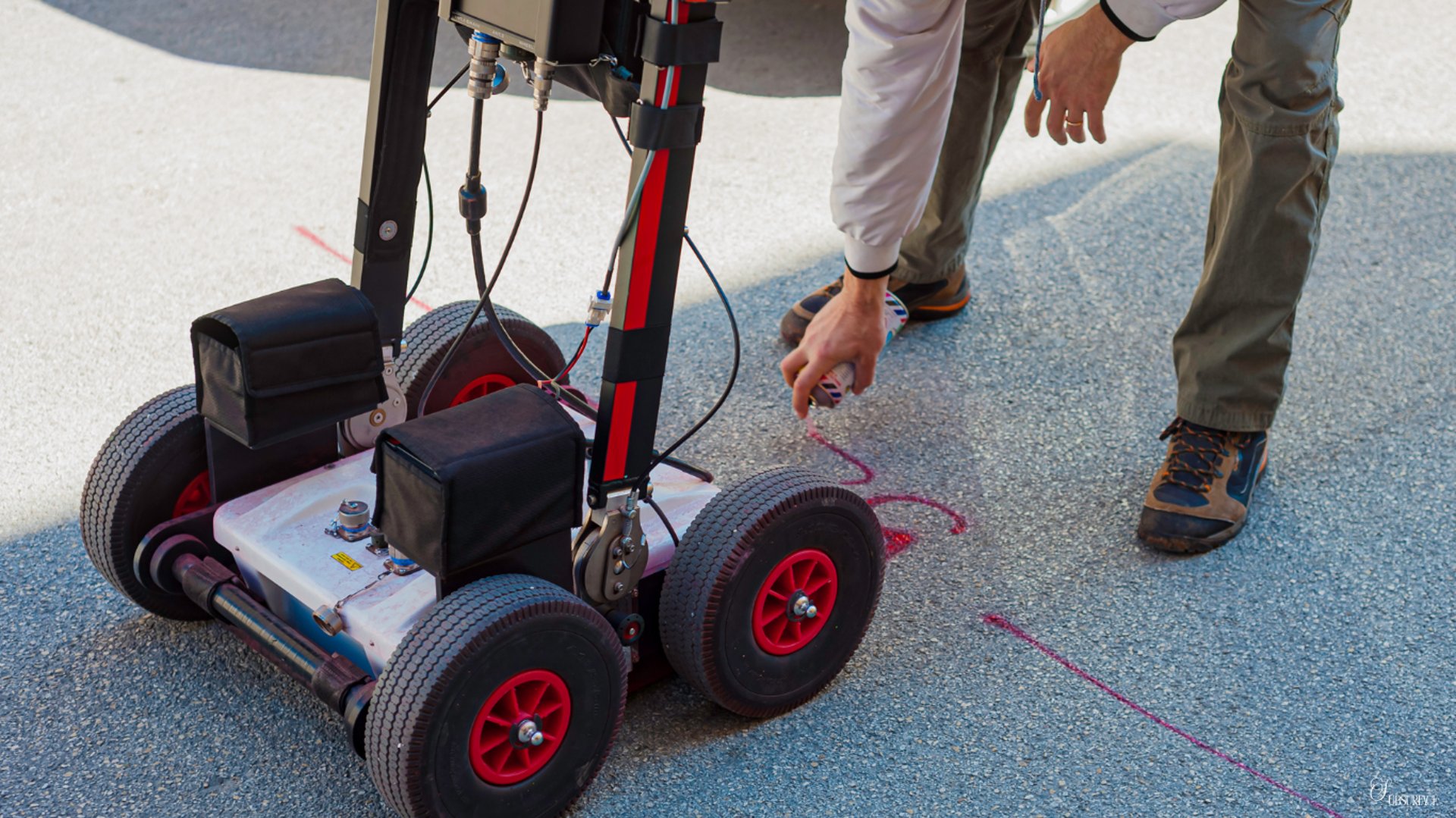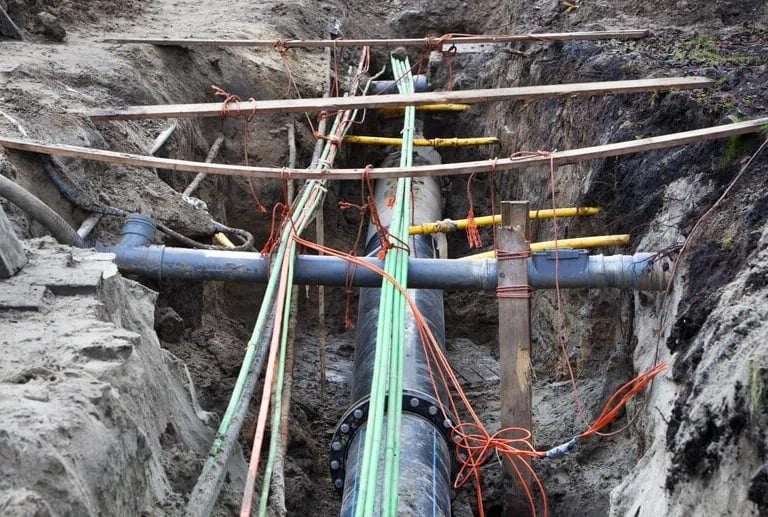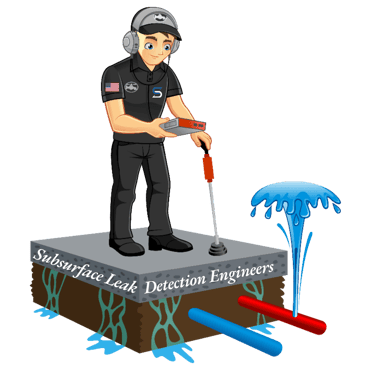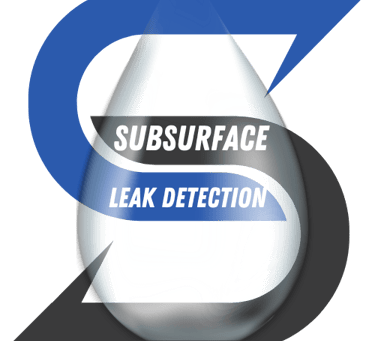
Ground Penetrating Radar (GPR)
GPR Scanning Services – Accurate, Non-Invasive Subsurface Imaging
Ground Penetrating Radar (GPR) is a geophysical method that uses radar pulses to image the subsurface. By transmitting electromagnetic waves into the ground, GPR detects reflections from different materials—soil, water, rock, metal, concrete, or voids. These reflections are analyzed to create detailed images and 3D maps of underground conditions, enabling precise detection and mapping of buried objects, structures, utilities, and voids.
Our GPR scanning services offer a non-invasive, safe, and highly accurate solution for a wide range of applications across multiple industries.
Expertise You Can Trust
Our GPR operator brings over a decade of experience as an Army Engineer Officer and holds advanced degrees in Geospatial Technologies and Geological Engineering. He is a Certified Utility Locator and GPR Technician, with a Project Management Professional (PMP) certification. With a deep understanding of geophysical science, he leads the industry in providing precise subsurface imaging, mapping, and utility detection services.


Key Applications of GPR
Utility Locating and Mapping
GPR detects both metallic and non-metallic utilities, including pipes, cables, and conduits made of PVC, concrete, and asbestos. Comprehensive mapping helps prevent costly damage during excavation and ensures safe construction projects.
Environmental Assessments
GPR is used to locate underground storage tanks, monitor soil contamination, evaluate groundwater, and map geological layers. It supports environmental remediation and geotechnical studies with precise subsurface data.
Archaeology and Cultural Resource Management
Archaeologists rely on GPR to detect and map buried artifacts, structures, and features without excavation, preserving historical sites while gaining valuable insights.
Concrete Scanning
Our GPR services scan concrete structures to locate rebar, post-tension cables, and conduits, supporting construction, renovation, and structural assessments.
Pavement and Roadbed Analysis
GPR assesses road and pavement conditions, determines asphalt and concrete thickness, identifies voids, and locates degraded areas, improving the longevity and safety of transportation infrastructure.
Cemetery, Grave Site, and Forensic Mapping
GPR provides respectful, non-invasive surveys of cemeteries, mapping unmarked graves and burial vaults without disturbing the site.
Structural Integrity Assessment
GPR detects voids, cracks, and water infiltration in dams, bridges, and buildings, offering critical insights into older structures’ stability.
Agriculture and Forestry
GPR evaluates soil composition, root systems, and water content in agriculture, and maps tree root structures and underground anomalies in forestry applications.
Benefits of GPR Scanning
Non-Invasive and Safe: No drilling or digging required, preserving site integrity.
Versatility Across Materials: Detects metallic and non-metallic objects, including plastics, concrete, and voids.
Real-Time Results: Provides immediate data for on-site decision-making.
Depth and Material Differentiation: Identifies object depth and differentiates materials based on dielectric properties.
Cost-Effective: Reduces unnecessary excavation and prevents damage to underground utilities.
Wide Range of Applications: Suitable for construction, environmental assessments, archaeology, and more.
How GPR Works
Radar Pulse Emission: Low to medium frequency electromagnetic waves are sent into the ground.
Signal Reflection: Waves reflect off buried objects or material boundaries. Different materials produce distinct reflections for accurate identification.
Data Interpretation and Imaging: Reflected signals are processed to generate cross-sectional and 3D images. Our technicians analyze data in real time or post-process for detailed subsurface maps.
Equipped with advanced GPR technology and unmatched expertise, our team provides precise utility mapping, structural assessments, and environmental imaging. We deliver reliable, cost-effective, and safe subsurface insights to ensure the success of your project.
Contact us today to learn how our GPR scanning services can support your next project with accurate, non-invasive subsurface imaging.
Colorado Springs Leak Detection: (719) 749-6850
Denver Leak Detection: (303) 520-0778


